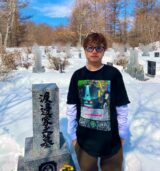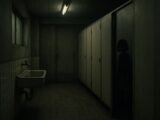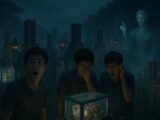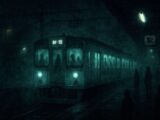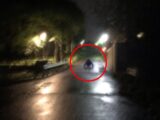Beyond the Haunting: The Man Redefining Japan's "Stigmatized Properties" with Science
Beyond the Haunting: The Man Redefining Japan’s “Stigmatized Properties” with Science
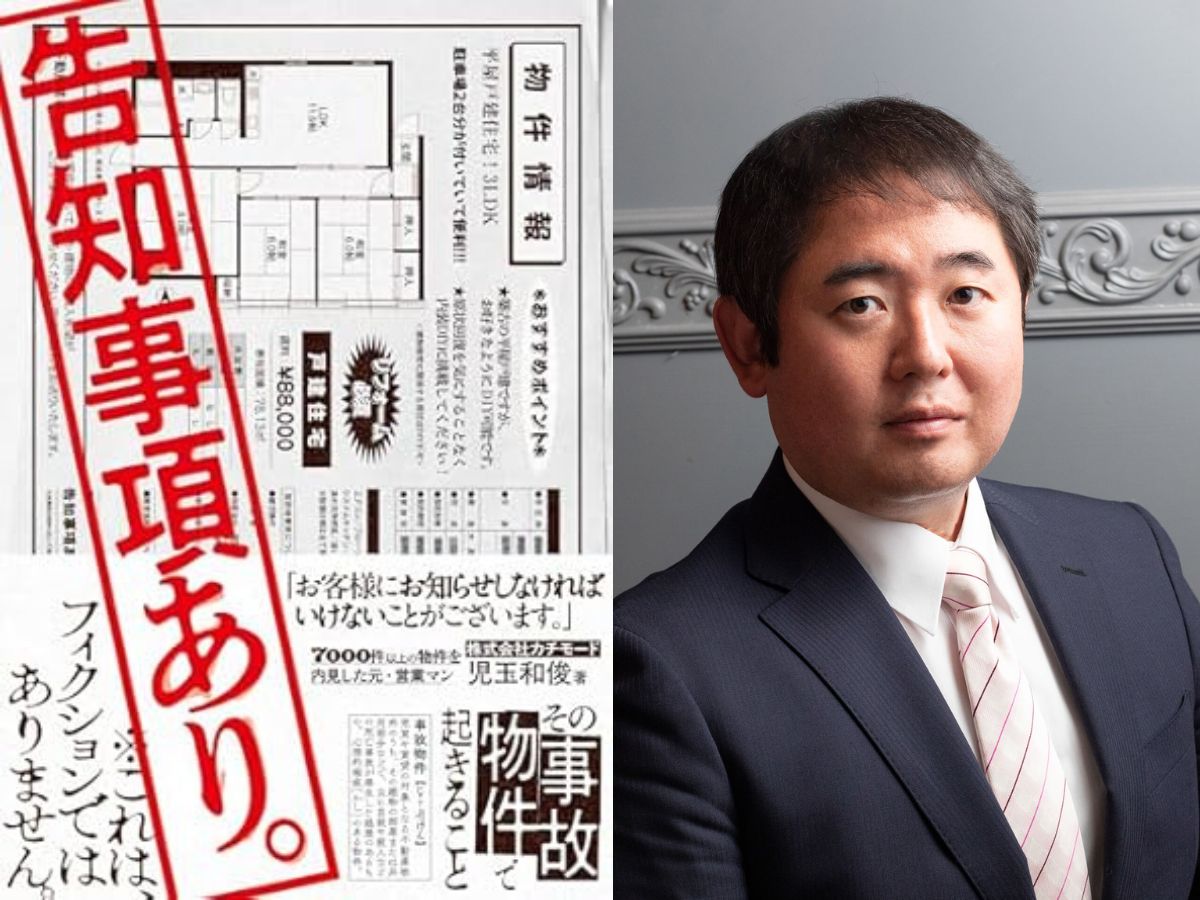
What comes to mind when you hear the term jiko bukken, or “stigmatized property”? For many in Japan, it conjures images of haunted rooms, unsettling phenomena, and the settings of chilling horror stories. But these properties are not just fodder for scary movies; they are real places where people live and, often, where people have died. Behind the unnerving label lies a complex reality, hidden truths, and the forgotten story of a person who was once loved.
In Japan, a property where a death by suicide, murder, or other “unnatural” cause has occurred must be disclosed to potential tenants or buyers. This “psychological stigma” can cause its market value to plummet, leaving property owners in a difficult position.
Enter Kachimode Inc., a company that confronts this issue head-on. Led by founder Kazutoshi Kodama, Kachimode is a real estate consulting firm with a unique mission: to reassess the value of stigmatized properties through scientific investigation and propose new, viable solutions for them. Their signature service, the “Obake (Ghost) Investigation,” uses objective methods to demystify the paranormal and restore a property’s potential.
We sat down with Mr. Kodama to discuss his fascinating work, the truth about stigmatized properties, and his best-selling book, which was recently adapted into a TV drama.
An Interview with Kazutoshi Kodama, Founder of Kachimode Inc.
Interviewer: Thank you for your time today. Could you start by telling us about Kachimode’s services?
Kodama: For real estate owners, a stigmatized property represents a significant financial loss. But is lowering the rent the only answer? I don’t believe so. I’m convinced there are ways to create new value for these properties.
Kachimode is a real estate consulting firm that supports the owners and managers of stigmatized properties. Our “Obake Investigation” is a unique service where we use scientific methods to examine a property and propose the best course of action. During an investigation, we use video and audio recording, electromagnetic field meters, and temperature and humidity sensors to visualize the source of any anxieties associated with the property.
Our goal at Kachimode is to break the stereotype that owners have no choice but to slash the rent. We want to expand the possibilities for these properties by giving them new, added value.
Interviewer: While some people might rent a stigmatized property because it’s cheap, it’s a serious problem for the owners. What led you to start this business?
Kodama: I worked at a real estate management company for 15 years, starting in 2007. The 2008 Lehman Brothers collapse changed the real estate landscape in Japan. Before that, the market was dominated by industry veterans and wealthy landowners. But afterward, many ordinary people began to venture into real estate investment.
This created a period where there were many buyers but a shortage of properties. This is my own interpretation, but I believe property owners who had been sitting on long-unsold properties saw an opportunity. They started putting these “Pandora’s box” properties—the ones they had given up on selling—on the market.
Real estate agents, who often aren’t experts on the finer details of a property’s condition, would consult with management companies like mine. Through these interactions, I encountered many strange properties.
During my time in property management, I also dealt with many apartments where tenants had passed away. The owners would often ask me, “Mr. Kodama, I’ve cleaned the room perfectly. There’s not a single trace of the person who died. Why can’t I rent it out at the standard price?” I realized that this sentiment hadn’t changed in 15 years.
At the time, I was planning to start my own property management and sales company. But a new idea struck me: “What if I could help these owners and restore the property’s value by conducting thorough investigations?” I scrapped my original business plan and launched Kachimode, a company dedicated to “restoring value.”
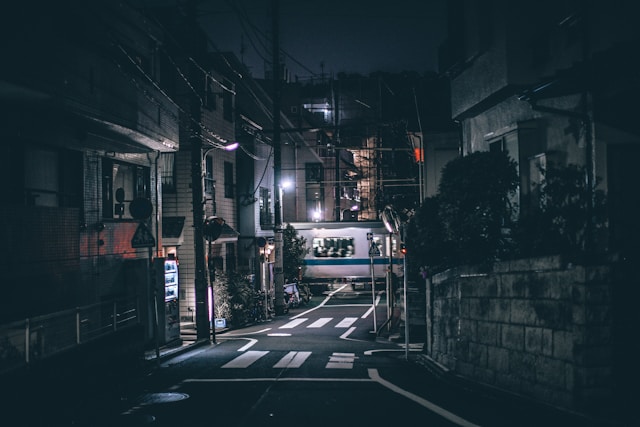
Interviewer: Beyond the value for owners, does a proper investigation change the perception of the deceased’s family?
Kodama: I wrote about this in the afterword of my book, but through my investigations, I’ve noticed something. It might be unique to Japanese culture, but people measure the distance between themselves and the deceased. I call it “psychological distance.” If the deceased is a total stranger, it feels unsettling. But if it’s a historical figure appearing as a ghost, that distance becomes so great that it turns into curiosity. And if it’s a family member or friend, the distance closes, and the feeling becomes, “I want to see them.”
With our Obake Investigations, I hope to show that the deceased was not just a stranger, but a person loved by their family, with their own life story. By doing so, we can reduce that initial feeling of unease and help people feel a sense of connection to the person who passed away.
Interviewer: The image of a stigmatized property is strongly linked to ghosts, but are there other reasons a property gets this label?
Kodama: In my 15 years in property management, I’ve seen many strange properties, and the cause isn’t always a ghost. For example, the “water hammer” phenomenon (a pressure surge in a plumbing system) can create loud knocking sounds, leading people to believe a room is haunted. Because of situations like this, we don’t assume that strange phenomena are paranormal. That’s why we define any strange phenomenon as “obake” (a broad term for supernatural beings or ghosts) and call our work “Obake Investigations” rather than “spiritual investigations.”
The Book and TV Drama: Disclosure Required: What Happens at That Stigmatized Property
Interviewer: Your book, Disclosure Required: What Happens at That Stigmatized Property, was published on January 22nd and went into its second printing within a week. How did it come about?
Kodama: I was initially using social media to promote Kachimode’s work. I found that X (formerly Twitter) suited me best, and I started posting about my daily investigations with the opener, “This is Kodama from Kachimode’s Obake Investigations.” I also shared some stories on YouTube. One day, I received a direct message from the publisher Imagica Infos, asking to talk about a book. They suggested compiling the stories I’d shared, and I thought, “Why not give it a try?” That’s essentially how it happened.
Interviewer: Of all the stories in the book, which one did you find the scariest?
Kodama: The one that was adapted for the TV drama, “The Room of Talismans,” is in a league of its own. It’s on another level. It was just so incomprehensible. At the time, I was scheduled to inspect two vacant units, 102 and 202, in an apartment building. But since we were going to manage the property, I went up to the third floor to check the common areas and found that unit 302 was also vacant. As I dug deeper, things took an unbelievable turn. I’ve always been an occult fan, but it felt like I was having a flashback to the scary TV shows I watched as a kid.
Interviewer: Are there any other episodes that left a strong impression on you?
Kodama: The story near the end of the book, “A Figure is Watching,” is also unforgettable. An owner had asked us to investigate a property where strange things were happening. We confirmed the phenomena and were planning to lease the property ourselves. But suddenly, the owner’s attitude completely changed… To this day, I still don’t understand why.
Interviewer: Are there any stories that were too intense to include in the book?
Kodama: (laughs) Yes, there are. I’ve spoken about it on YouTube before, but I once won a foreclosed property at auction. The court had certified that the property was vacant, but when I went inside, someone was there. It turned into a very complicated situation. It wasn’t a paranormal story but a case of “human-related horror.” Foreclosed properties have a dark side.
Interviewer: The TV drama adaptation, Disclosure Required, was produced by Fuji TV. What are your thoughts on it?
Kodama: I was so impressed. The crew also works on the famous Japanese horror series Honkowa (Truly Scary Stories), and you can tell. They created something truly compelling, and I’m very grateful. The second part airs on March 14th, so I’m looking forward to it. There will also be an original story available exclusively on the TVer streaming service, which I hope people will check out.
Interviewer: I’m hoping for a movie adaptation!
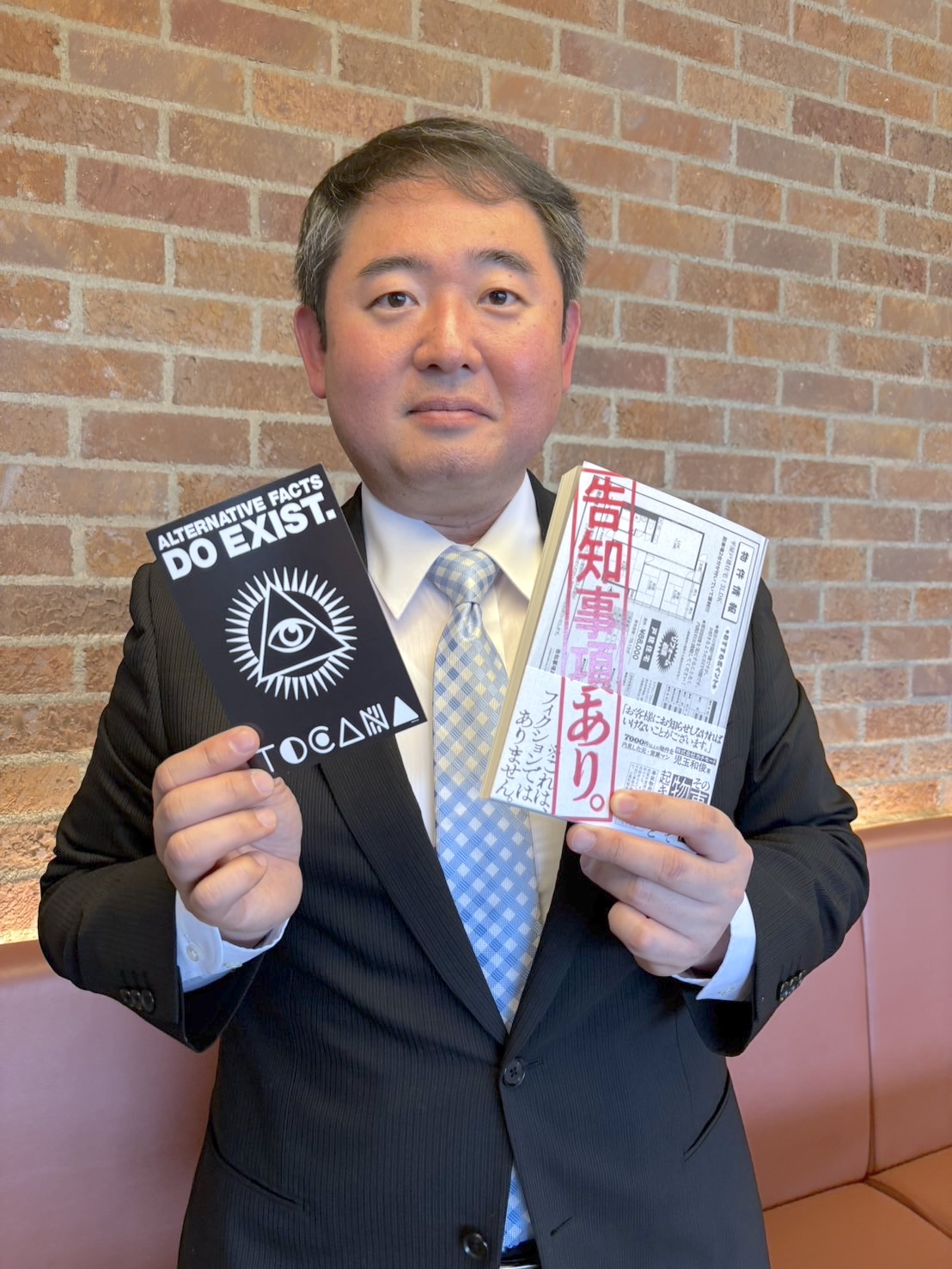
The Future of Kachimode
Interviewer: Finally, is there anything else you’d like to share?
Kodama: If Kachimode’s work can raise the value of psychologically stigmatized properties, even a little, I believe we can make a difference in another growing social issue: the reluctance of landlords to rent to single, elderly tenants. For stigmatized properties, having options other than simply lowering the rent is a positive step forward.
I know many people feel an aversion to the term “stigmatized property.” But no matter who passed away in that room, it was a home to someone who was cherished. If you ever come across a stigmatized property, I hope you’ll remember that someone, just like us, with their own life story, lived there.
Interviewer: Thank you so much for your time today.
While an “Obake Investigation” might sound like entertainment, Kachimode’s work is anything but frivolous. It is a practical, respectful endeavor that confronts the reality of stigmatized properties, honors the lives of those who lived there, and solves real-world problems for property owners.
By challenging the assumption that “lowering the rent is the only way,” Kodama is finding new value in forgotten spaces. By focusing on the lives that once filled them, he may just change how we think about stigmatized properties altogether.
In a landmark development, a major Japanese real estate listing company has recently decided to add the note “Investigated by Kachimode” to the official listings of psychologically stigmatized properties the firm has examined.
Kachimode’s challenge may just be rewriting the rules of the real estate industry.
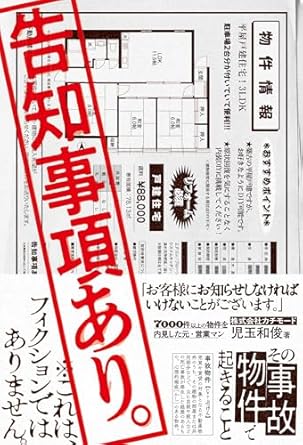
Kachimode Inc. Official Website:
https://kachimode.co.jp/
View all articles by zombie watanabe
※ Unauthorized reproduction, video creation, and uploading of this article's content to YouTube, blogs, or other platforms is strictly prohibited.
Related Articles
Popular Series
This is the page for Beyond the Haunting: The Man Redefining Japan’s “Stigmatized Properties” with Science. Find the latest news about StigmatizedProperty, HauntedRealEstate, GhostInvestigation, Kachimode and more on TOCANA - the paranormal news media that stimulates your curiosity
Ghosts Latest Articles
Ohaguro Bettari: The Tragic Ghost Behind Japan’s Faceless, Black-Toothed Yokai
2025.08.24 08:00 Urban LegendsThe Ghost in the Stream: How a YouTuber’s Livestream Was Haunted by a Mysterious Face
2025.08.17 08:00 Ghosts